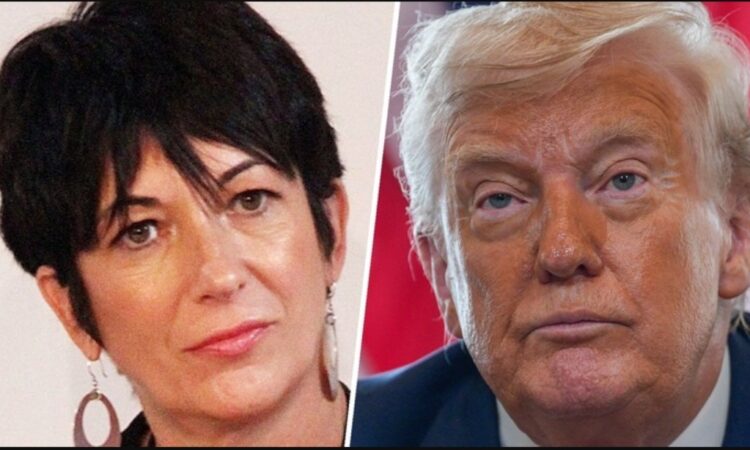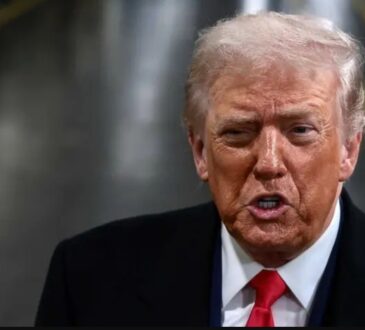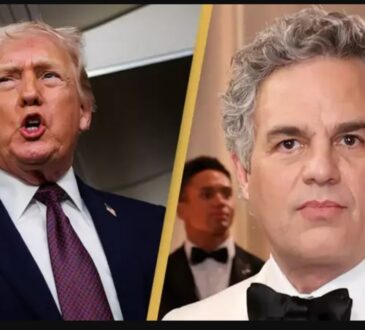
A federal judge in New York has rejected a request from the Trump administration’s Justice Department to make public the grand jury transcripts and evidence from Ghislaine Maxwell’s criminal case.
Judge Paul Engelmayer said the reasoning behind the government’s request was “clearly false.” The administration had claimed that releasing the grand jury records would provide important new information about Jeffrey Epstein, Maxwell, or the investigation into them.
But the judge explained that this wasn’t true. The grand jury in Maxwell’s case did not hear testimony from victims or key witnesses. Instead, it was used for the basic purpose of formally charging her. Almost all of the evidence shown to that grand jury is already public. Unsealing the materials wouldn’t reveal anything new or important, and it could even give the impression that the government was pretending to be transparent while actually just trying to distract the public.
The judge also noted that the materials did not name anyone other than Epstein and Maxwell as having sexual contact with a minor. Anyone familiar with Maxwell’s trial would learn virtually nothing new from them.
This decision isn’t a surprise. The judge’s reasoning matches earlier predictions that the records wouldn’t add much to the public’s knowledge. The ruling comes as the Trump administration faces political pressure from Trump supporters over not releasing all Epstein-related files. That pressure has only increased after Maxwell, who is appealing her conviction, was moved to a low-security prison following a meeting with Deputy Attorney General Todd Blanche. This move has fueled speculation that she may get more favorable treatment, possibly even a pardon from Trump.
Maxwell’s appeal is currently before the Supreme Court, and it should be known in the fall if they will hear the case. A judge in Florida has already denied a similar request for Epstein-related grand jury material. Another request to unseal such records in New York is still pending, but given how limited the evidence in that case also appears to be, the outcome may be the same as Maxwell’s case.




